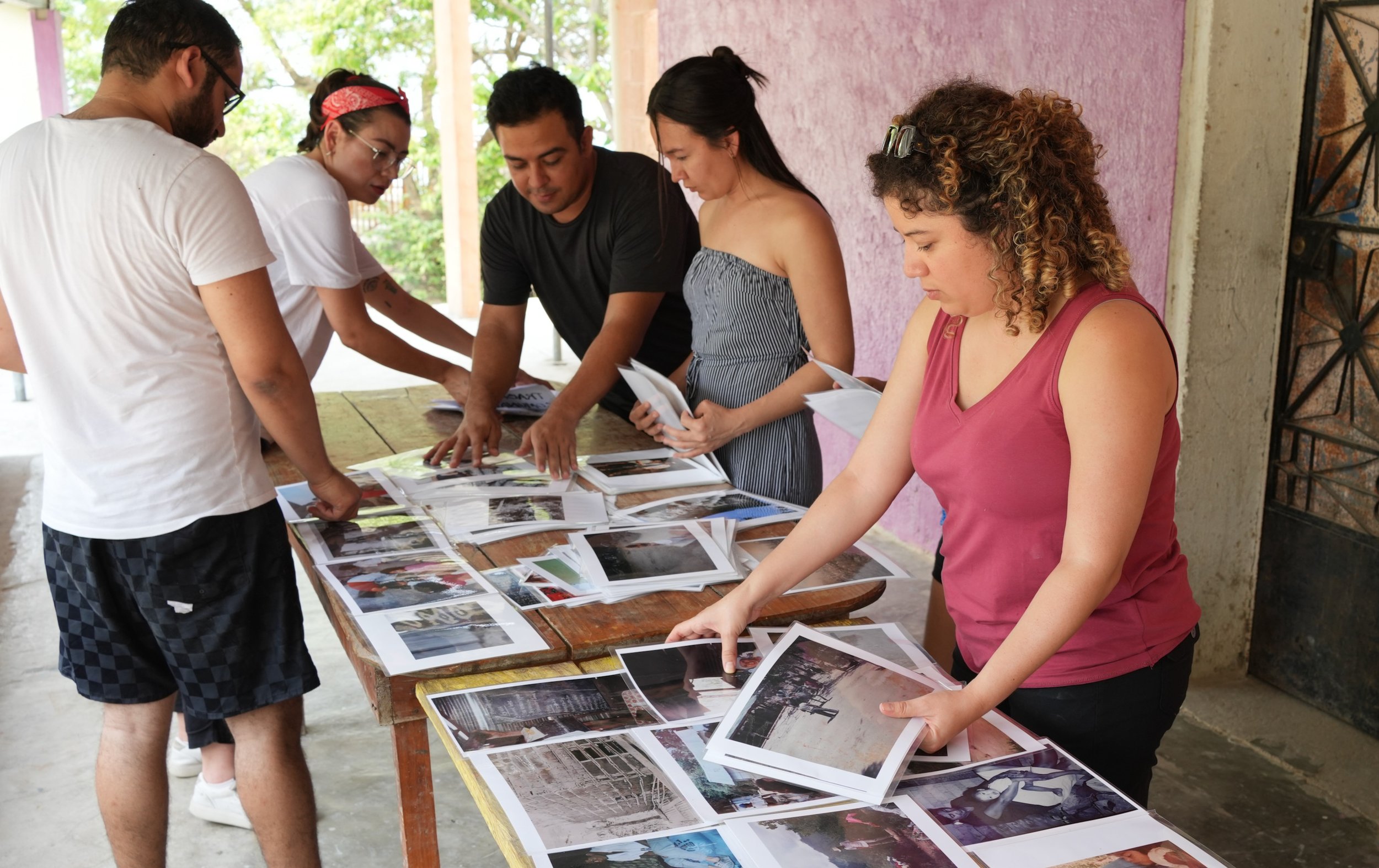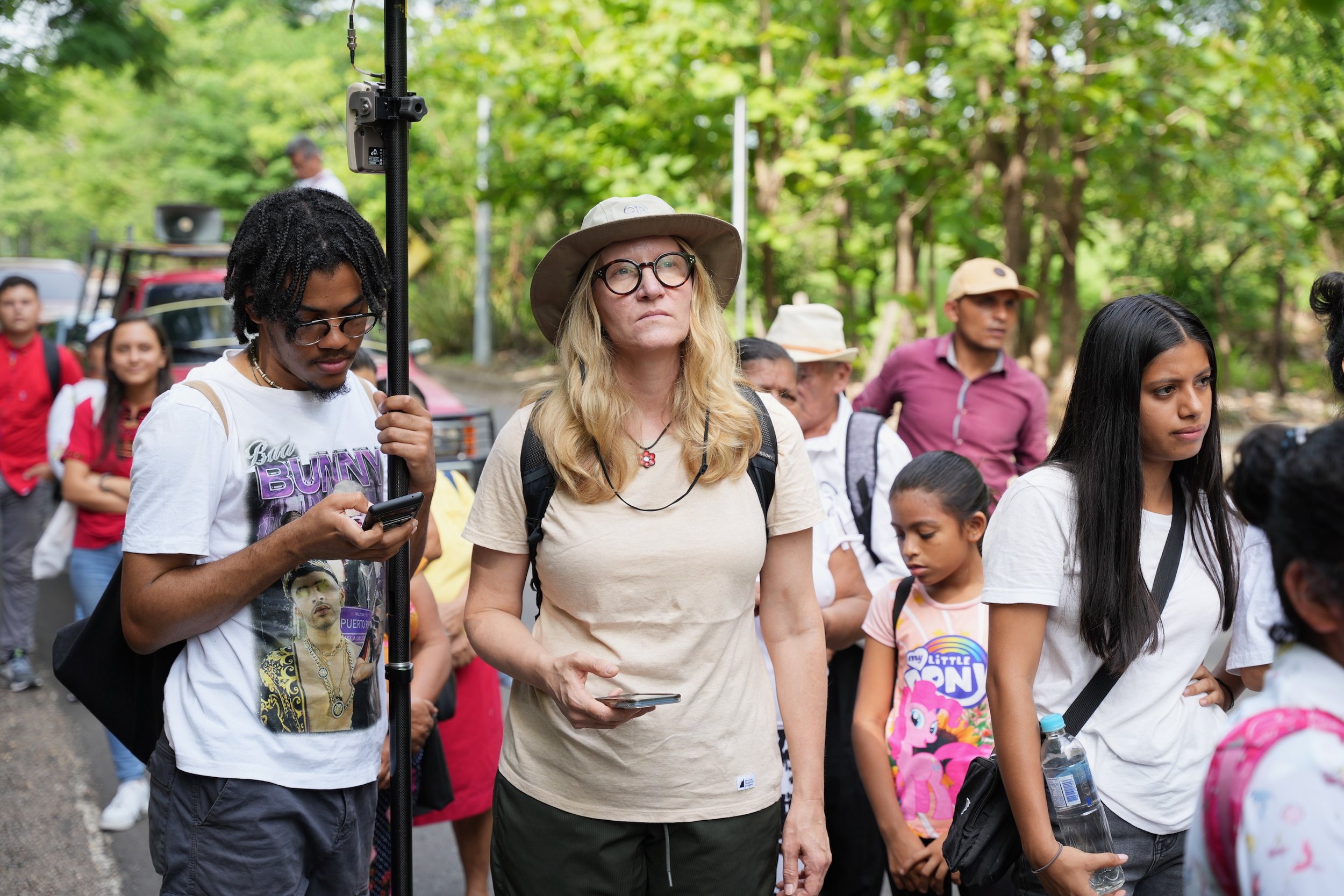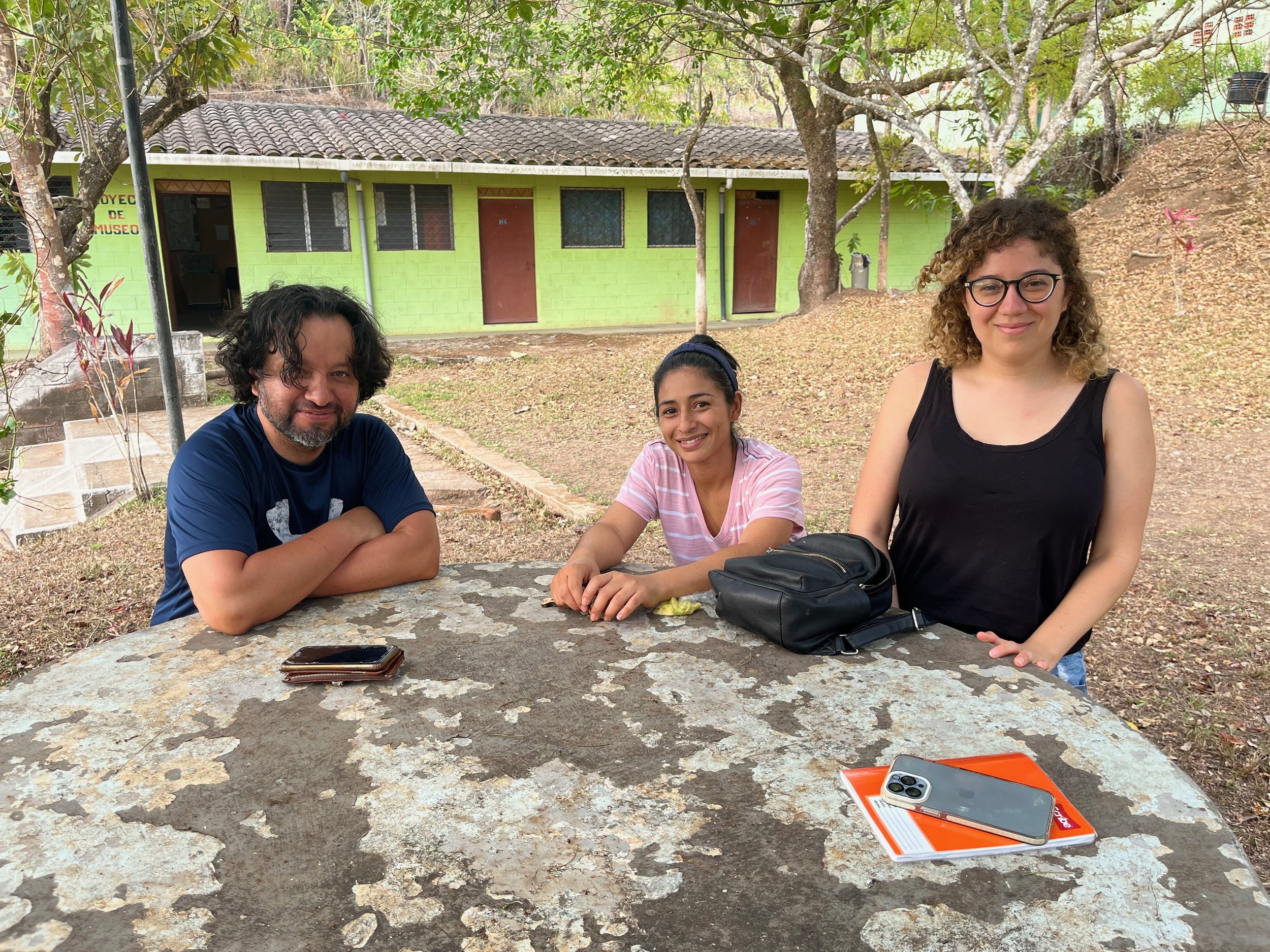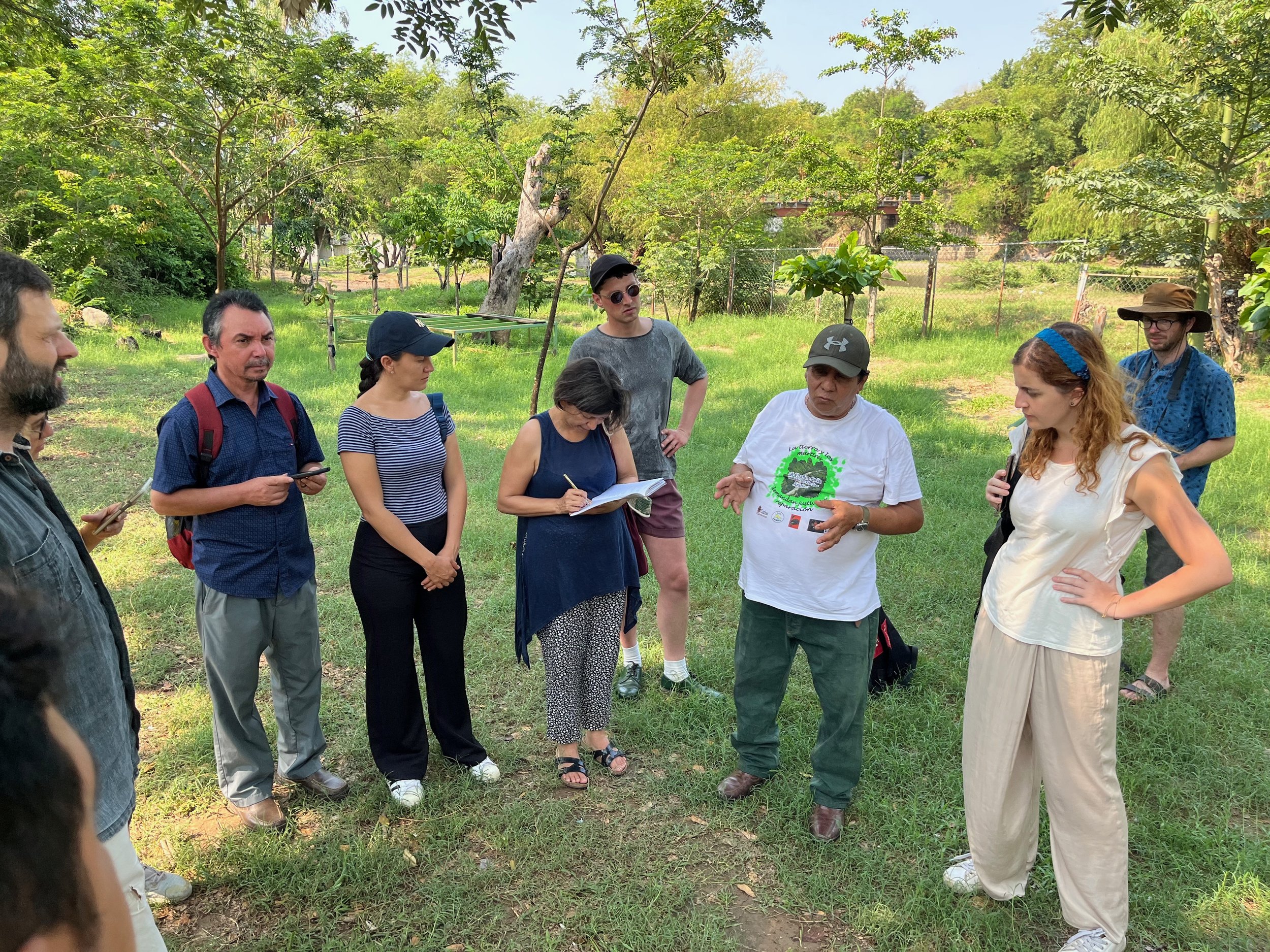Students and Trainees
Graduate students, undergraduate students, medical residents, and postdoctoral scholars are vital contributors to the Surviving Memory in Postwar El Salvador team. Since 2017, 66 students have worked for the project as Research Assistants or Research Interns at Western, KU Leuven, Aarhus, University of Toronto, and Mount Allison University. Three postdoctoral scholars have also joined the project team: Dr. Adriana Alas (Surviving Memory Postdoctoral Scholar, 2022 - 2025); Dr. Tania Cañas (Banting Postdoctoral Fellow, 2024 - 2026), and Dr. Giada Ferrucci (Western Postdoctoral Fellow, 2024 – 2026). Additionally, professors at Western University (Information and Media Studies), KU Leuven (Architecture), Aarhus University (Global Studies), University of El Salvador (School of the Arts), and the Central American University (Architecture and Psychology) have engaged entire classes of students in group research or design projects, service-learning initiatives, and/or experiential learning related to Surviving Memory’s work in El Salvador.
Students and trainees are valued team members who are directly involved in project development, research and research-creation initiatives, integrated knowledge mobilization activities, and the evaluation of research outcomes. Trainees are co-authors, co-creators, workshop facilitators, field researchers, architects, artists, musicologists, oral historians, data analysts, app developers, filmmakers, transcriptionists, translators, and archivists.
Since the beginning, the project has fostered a research environment grounded in equity, diversity, and inclusion. We incorporate training, mentoring, and professional development at every level of our research initiatives while providing strong support for student research. All trainees gain valuable skills and cross-cultural research competencies, benefit from working within a supportive interdisciplinary team, and have the autonomy and encouragement to explore their scholarly interests with careful mentorship. They have access to funding to attend conferences, film festivals, and training seminars. Working in close collaboration with diverse partners across sectors – including Salvadoran communities, municipalities, and civil society organizations – also provides our trainees with transferable skills that are beneficial in both academic jobs and non-academic careers where transnational experience is valued.




